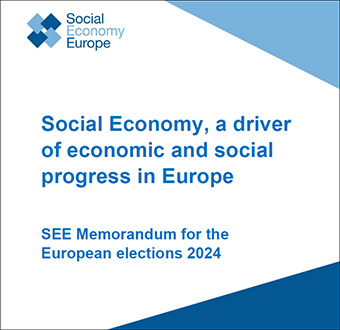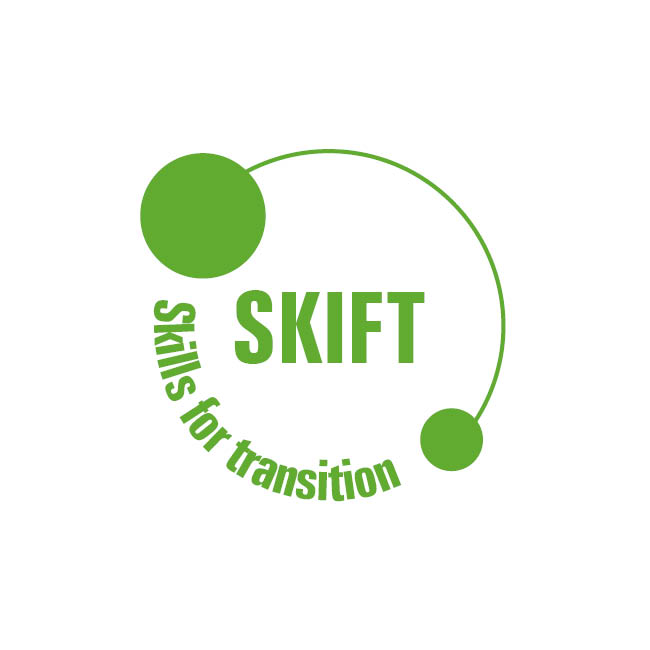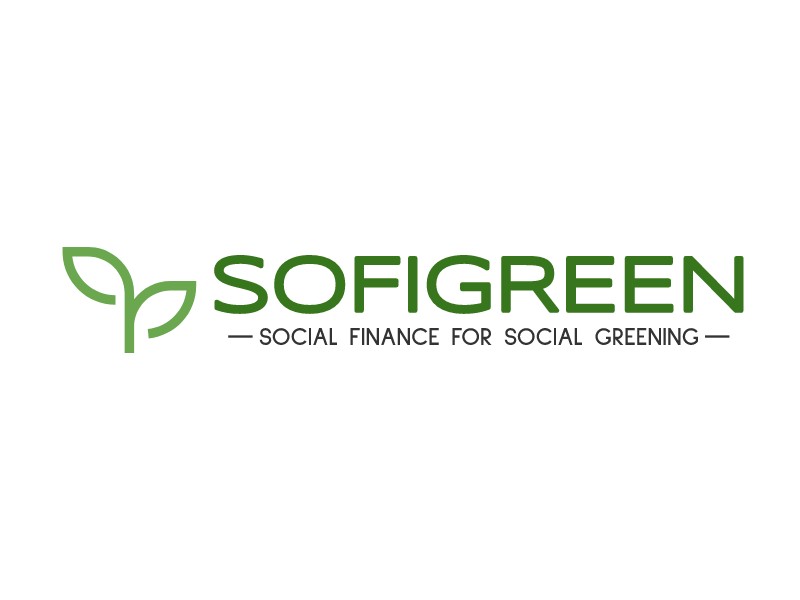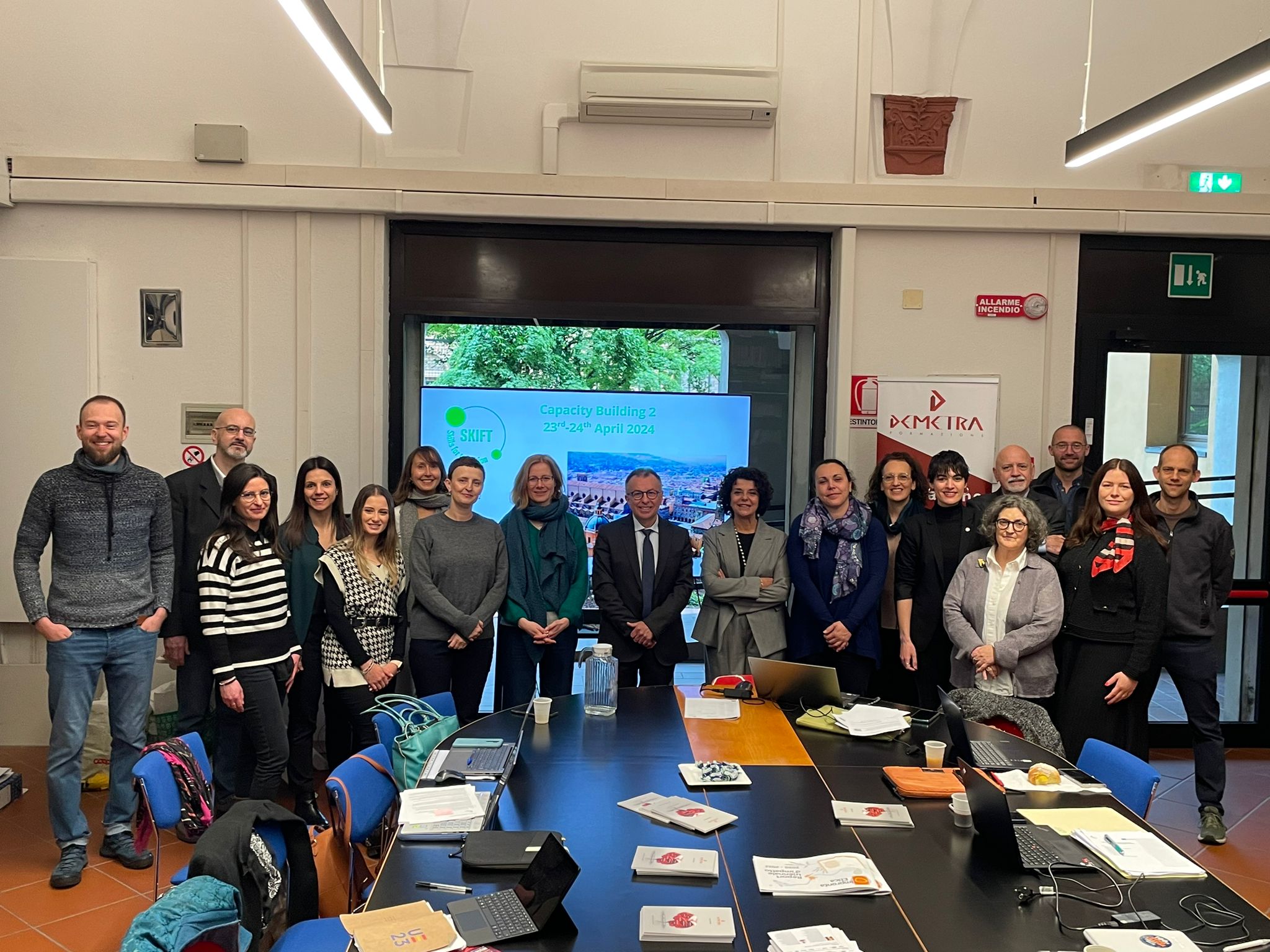
REVES Annual Meeting 2024: Focus on inter-cooperation between different (social economy) actors and municipalities
REVES cities, regions, social economy enterprises and invited guests came together from 15 to 17 May 2024 in Torres Vedras (PT) for their annual meeting 2024.
The programme included study visits, reflections, a one day policy lab, cultural moments and the REVES General Assembly.
The period in which the events took place was marked by the 50th anniversary of the Carnatian Revolution in Portugal which led to the introduction of a new Constitution and therewith democracy, civil liberties and the end of colonialism. It ran like a red threat throughout the whole programme, shedding an even stronger light on the current period and the urgent need to protect human rights and democracy, to empower citizens…
The initial study visits on 15 May provided a rich input for all subsequent discussions. Following three different itineraries – CAC Ecosystem/Culture and Arts Ecosystem/Sustainability Ecosystem – all of them delivered food for thought and inspiration also with regard to transversal topics such as citizen mobilization, education, or social economy-driven digital innovation, to name just a few.
The evening of the first day was dedicated to a tribute to former REVES Co-Presidents and a discussion between REVES President Ana Umbelino, former REVES President Felice Scalvini, REVES Secretary-General Luigi Martignetti and the director of the Torriense Centre for Social Economy Studies and former member of the European Economic and Social Committee Padre Vítor Melícias.
A whole day of interactive discussions on 16 May provided participants with the opportunity to jointly work on policy solutions and network more extensively based on a policy lab approach. Several parallel lab sessions addressed three main topics:
– possibilities of cities and regions to take action for the promotion of the social economy at their own level (also in the absence of conducive policy frameworks at national level or EU funding…)
– intermunicipal cooperation for the strengthening of the social economy;
– the possibility to interlink social economy actors and other players to create a favourable ecosystem for the social economy.
In the policy lab sessions, participants then defined sub-challenges to be discussed. Initial inputs were given by the cities of Lourinhã (PT), Bonares (ES) and Cascais (PT), Västra Götaland Region (SE), the West Portugal Intermunicipal Plan for the Social Economy, the Network of Catalan Municipalities for the Social Economy and the Region of Catalunya, Malopolska Region/Social Policy Centre Krakow (PL) and Eurometropole Strasbourg (FR), who shared concrete experiences, including pitfalls and possible solutions.
Among the challenges identified were, for example:
– the problem of missing data on social economy enterprises/organisations and their impact;
– a lack of recognition of social economy as a valuable partner by other players, including ‘mainstream’ enterprises’, and the search for appropriate ways to cooperate;
– the challenge to bring together a diversity of actors around the social economy to promote social, economic and environmental transition of a territory, in a context in which still existing silos in governments and public administration might enhance a lack of trust from the side of social economy and civil society towards certain policy departments and missing dialogue; or
– the critical aspects of fostering cooperation between different territories and thus also different players with the aim of improving the social economy ecosystem beyond the municipal level – including elements related to the heterogeneity of players and of situations, balance of interests and a governance structure able to ensure a proactive role for all partners, avoiding leaderistic drifts.
Discussions were rounded up by the closing remarks and impressions of Ruben Rebelo (European Commission, DG EMPL), Ricardo Rio (European Committee of the Regions) as well as of representatives of the Center for Organizational and Social Studies of the Porto Polytechnic and the Knowledge Center/Nova School of Business & Economics.
The European policy-makers encouraged local and regional authorities as well as their social economy partners to use programmes and tools which are available at European level to promote the social economy and the creation of related local and regional ecosystems, such as the Interreg programme, the Social Economy Gateway, upcoming technical support programmes, the OECD Better Entrepreneurship tool and others.
The REVES General Assembly, held on 17 May 2024, closed the annual meeting. It included amongst others the election of a new board, the re-appointment – in this context – of Ana Umbelino as REVES president in her second-term, as well as the welcoming of new members City of Cascais (PT) and Fondazione ASM (IT).
Report to follow soon.
Read More
European Elections: Help us mobilising (future) MEPs to keep social economy on the EU policy agenda
The European elections are approaching. Their outcome will decide on the direction the EU will…
OPEN CALL: POSSIBILITY FOR MICRO&SMALL SE ENTERPRISES TO RECEIVE FREE ADVISE AND COACHING ON GREEN TRANSITION-RELATED TOPICS
The SKI.F.T call for proposals is now open! Micro and small social economy enterprises…
GREENING OPPORTUNITY FOR SEEs
the SOFIGREEN call for proposal for SEEs operating in France, Italy and Spain is now…
Green transition of micro and small social economy enterprises: Combining environmental impact with core principles of the social economy. Second meeting of the SKI.F.T project in Bologna
Sustainability development, planning, implementing, measuring and communicating processes of green transition – what does or…
 Docs
Docs  Support
Support 





